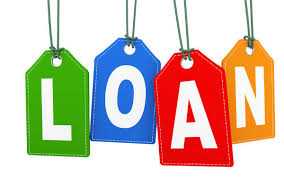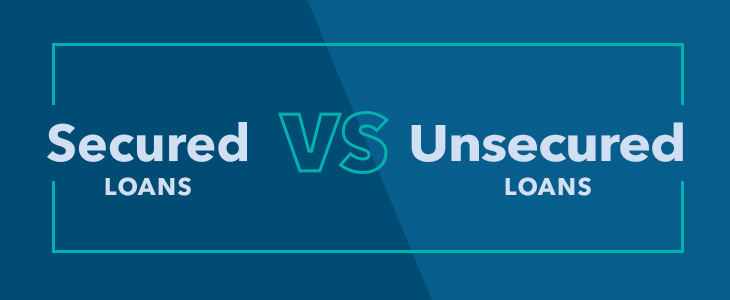Loans may seem very similar, but there is actually a wide variety available to you – likely one for every financing situation.
This is great news! Since life throws new things at you every day, you aren’t boxed into a single loan category to handle it all. With plenty of options to choose from, it is important to find the right type of loan for your situation.
To help, let’s dive into the types of loans you might encounter.
Types Of Loans
In every loan, you will receive a sum of money with predetermined terms of repayment. But although the basic framework of every loan is the same, the details can vary dramatically. Here’s an overview of loan types and exactly what you need to know.
Personal Loans
Personal loans can help fund almost anything. Whether you need help paying for your wedding or covering an emergency vet surgery for Fido, personal loans can help you out.
There are two different types of personal loans offered:
- Unsecured personal loans. Unsecured personal loans do not require any collateral on your part. This means you are not putting any of your possessions at risk for this loan.
- Secured personal loans. Secured personal loans require you to put up collateral. This might include an asset, such as your car, or a certificate of deposit. The risk is that you might lose the asset if you don’t repay the loan.
The benefit of a personal loan is that it may offer lower APR or interest rates than your credit card. It is a good option if you need to cover a big or unplanned cost but don’t necessarily have an emergency fund on hand. Likewise, if you are struggling to pay down your debt, a personal loan can help to consolidate your loans into a single, manageable payment.
Mortgage / Home Loans
Thinking about buying your first home? A home purchase is one of the biggest acquisitions any of us will make. With housing costs soaring in most parts of the country, it can feel like an impossible task to buy a home without a loan. Luckily, there is an easy way to quickly secure a mortgage through our company.
Home Equity Loans
Home equity loans are secured loans based on the value of your home. Basically, you put your home as collateral on a loan for a large sum of money. The amount you are able to borrow as a homeowner is based on the amount of equity you have built in your home.
Lower interest rates on these loans can be attractive. However, keep in mind you’re risking losing your home if you can’t make the payments.
Auto Loans
The cars you purchase over your lifetime can be big expenses. Cars can serve as your way to get to and from work and help get you around day to day, which makes them critical to your long-term financial success. Investing in a safe and reliable car also makes all the difference.
If you cannot afford to buy cars in cash, then auto financing can be a lifesaver. Typically, you will need to make a down payment to secure any type of car loan.
As you sort through types of car loans, you’ll find that both dealerships and financial institutions offer auto loans. Although it can be more convenient to secure a car loan through the dealership, it is usually more affordable to work with a separate bank or credit union. Auto loans are just one type of bank loan, but your bank may have other favorable options available to you.
Payday Loans
Payday loans are expensive loans for small amounts of money. Most payday loans are only offered up to $500. The goal is to help you make it to the next time you get paid. However, high interest rates and quick turnarounds can make it difficult to repay this loan on time.
If you have an emergency, a payday loan is a viable option. But you should know that you will pay high interest rates for this loan, so make sure you can afford to pay it off by your next payday!
Pawn Shop Loans
Pawn shop loans are dependent on having an item of value, such as jewelry or musical equipment. You can borrow money from the pawn shop based on the value of the item. Generally, the loans are for a few hundred dollars depending on the item you have available.
Although the loan terms will likely vary by the pawn shop, interest rates are relatively high. You’ll need to make on-time payments and repay the loan in full before you can reclaim your item. If you don’t keep up with the payments, you risk losing the item forever.
Credit Card Cash Advances
If you already have a credit card, you may be able to secure a cash advance. Some credit cards have cash advance terms set up for you to borrow against your available balance.
Securing The Loan You Need
Whatever your specific needs, there is a loan option out there for you. And as you search for the best loan option, also consider working to improve your credit score to secure receiving the best loan terms possible.
Whether you need a mortgage to finance your first home purchase or a personal loan to fund your plans, you now know the basic terms for understanding your loan options. Now, pay it forward by sharing with friends and deciding the type of loan that works best for you!
In a similar fashion to credit cards, these advances can come with high interest rates and many fees. Do your research before choosing this option. It might make more financial sense to pursue a personal loan if you have a good credit score.


